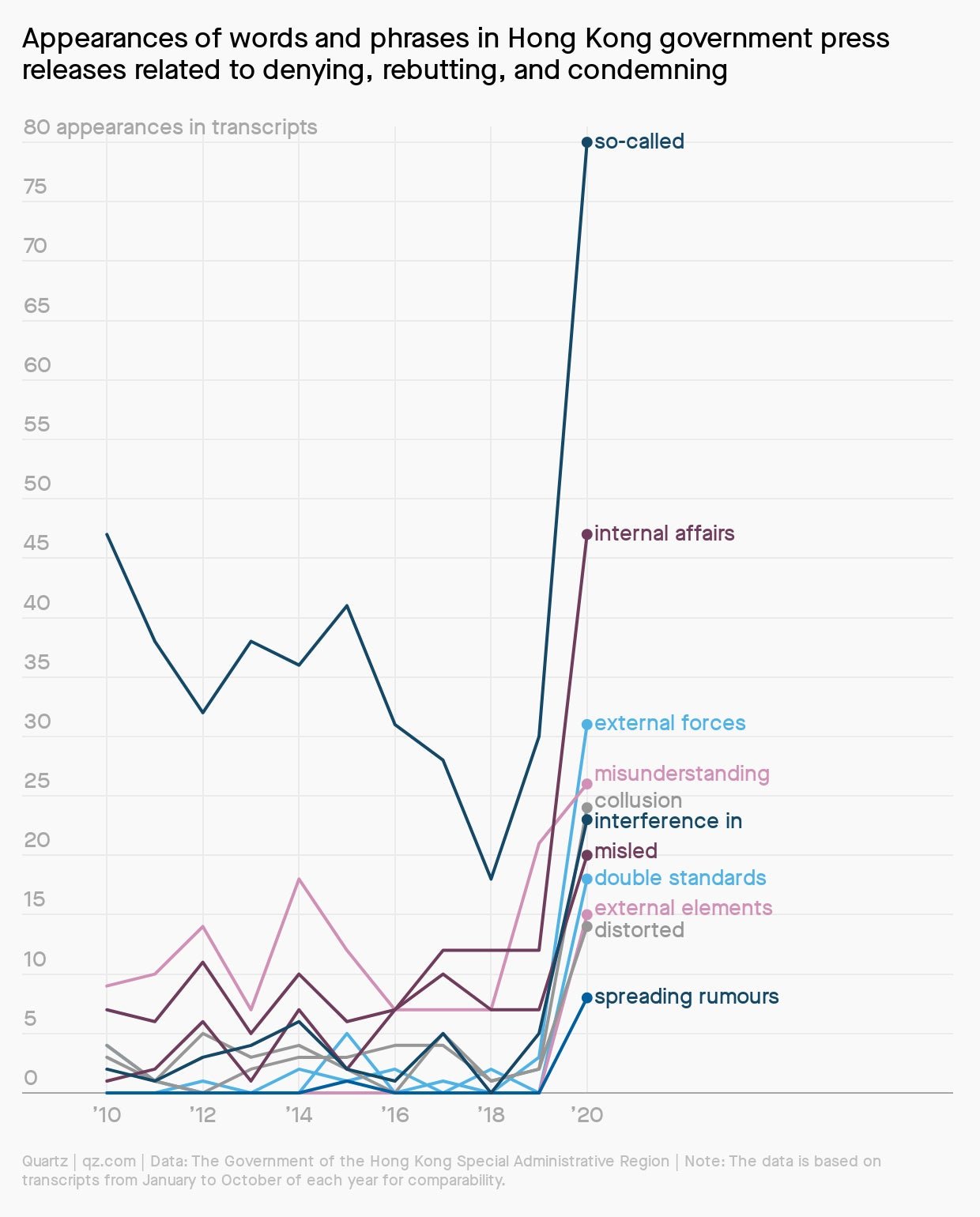WHO in Wuhan, Sacklers face grilling, Tasmanian devils glow
Good morning, Quartz readers!


Good morning, Quartz readers!
Here’s what you need to know
The World Health Organization will investigate Covid-19’s origins in China. A team of WHO experts arrive in the Chinese city of Wuhan in January.
The US Congress is getting closer to a $900 billion relief package. If not approved quickly, the government could shut down on Friday. Meanwhile, the Federal Reserve kept rates low.
Toyota’s CEO is not a fan of electric vehicles. Akio Toyoda said (paywall) EVs are hugely expensive for manufacturers, and could make cars unaffordable for regular people.
NASA approved an Amazon rocket. The space agency named Blue Origin’s spacecraft (paywall), which has not yet flown, one of its potential launch providers for scientific missions.
Ten US states accused Google of having a monopoly in adtech. The latest antitrust suit focuses on the aftermath of Google’s 2008 acquisition of DoubleClick. Meanwhile, Facebook is complaining about Apple’s new restrictions on data gathering.
Bitcoin hit a record high. The world’s largest cryptocurrency has done well in the pandemic, and has risen to more than $22,000.
Emmanuel Macron has Covid. France’s president is isolating after developing symptoms and testing positive, the Elysée Palace said.
What to watch for

The US Congress grills the makers of dangerous opioids. Today, the House Committee on Oversight and Reform will interrogate David and Kathe Sackler, two members of the secretive billionaire family that owns Purdue Pharma, which recently pled guilty to fraudulently marketing opioid painkillers and bribing doctors to prescribe them to patients.
The Sacklers made their fortune—estimated at $13 billion—at the expense of OxyContin addicts, and emerged from the case with a mere $225 million fine and no criminal charges. Family members have largely managed to avoid testifying in public—until now. The hearing will stream on YouTube at 9am Eastern time.
For a deeper dive, check out our documentary 🎥 on how the US opioid epidemic is taking the Sacklers’ marketing playbook overseas.
Charting Hong Kong’s authoritarian language
Words, beyond their basic function of communication, signal intent and outline ways of thinking. But in an age of “alternative facts,” we know too well that words can obscure as much as they clarify. Words can also be weapons.
In Hong Kong, as large-scale protests erupted in 2019, followed by this year’s severe crackdown spearheaded by a national security law imposed by Beijing, the government increasingly adopted the authoritarian language of the Chinese Communist Party. Previously staid pronouncements peppered with anachronisms—products of its technocratic governance with roots in 150 years of British colonial rule—became much more brash in tone, loudly assertive in projecting power, and snide in their rebuttal of public criticism. Dan Kopf and Mary Hui explore this language shift and what it means.

To the moon and back

China successfully landed a spacecraft full of lunar surface samples in Mongolia today, completing the Chang’e 5 mission that launched in November. Assuming the samples are safe and sound, it’s the first time humans have brought back anything from the moon since 1976.
The roughly 4 pounds of rocks, which come from a previously unexplored lunar region, promise to give scientists new information about the history of our solar system and how the moon formed. The mission also demonstrates the increasing sophistication of China’s space technology. As the globe gears up for a new season of moon exploration, China next plans to sample a different moon location in 2024, while the US is plotting its own fleet of private moon robots.
✦ Like moon rocks for your brain, Quartz membership promises to give you new information that puts the world in context. Try it free for seven days.
Surprising discoveries
Paris was fined for putting too many women in charge. The city violated a law that says new senior civil servant appointments must be at least 40% men and 40% women.
China’s ancient feng shui forests could be key to its zero-carbon future. The tiny fengshuilin are pollution-resistant carbon sinks full of biodiversity.
A hacker says he guessed Donald Trump’s Twitter password. Dutch prosecutors say Victor Gevers logged into the US president’s account using “MAGA2020,” though Twitter disputes this.
A whole new meaning to “flashing a smile.” An Ohio zoo discovered their Tasmanian devils have biofluorescent ears, eyes, and snouts.
Want to try on someone else’s face? Get one of these hyper-realistic 3D-printed masks.
Our best wishes for a productive day. Please send any news, comments, actual face masks, and unsophisticated passwords to [email protected]. Get the most out of Quartz by downloading our iOS app and becoming a member. Today’s Daily Brief was brought to you by Hasit Shah, Jordan Lebeau, Liz Webber, Tim Fernholz, Annabelle Timsit, Kira Bindrim, and Susan Howson.